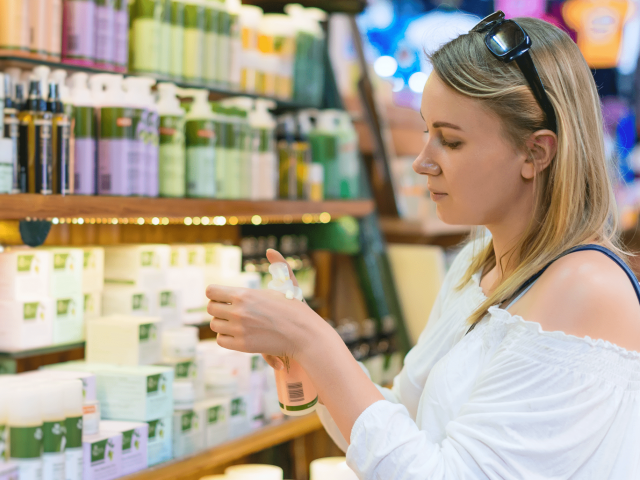EWG News Roundup (7/12): PFAS Contamination Crisis Grows as House Passes Critical Cleanup Bill, USDA’s Racist Legacy and More
EWG News Roundup (7/12): Here's some news you can use going into the weekend.

Displaying 505 - 528 of 595
EWG News Roundup (7/12): Here's some news you can use going into the weekend.

President Trump said last week that in his first months in office he has accomplished "more ... than practically any president in history." His claim is not supported by the facts, but at the six...

Here's some news you can use going into the weekend.

It's been a long and hard year, and many of us are looking forward to the festivities and traditions of the holiday season. Although Covid-19 restrictions make it difficult for many to celebrate in...


EWG news roundup (9/10): Here’s some news you can use going into the weekend.

EWG news roundup (9/16): Here’s some news you can use going into the weekend.

News Roundup (2/15): Here's some news you can use going into the weekend.

News Roundup (10/12): Here's some news you can use going into the weekend.

EWG news roundup (4/15): Here’s some news you can use going into the weekend.

From kitchen, bathroom, glass and all-purpose cleaners to dishwashing detergent, laundry soap and bleach, Environmental Working Group has scoured the chemical ingredients of more than 2,000 different...



Here's some news you can use as you begin your weekend.

The notorious human carcinogen asbestos has been found in two talc-containing eye shadow palettes, according to laboratory tests commissioned by the Environmental Working Group.


On Monday, EWG released an article on government officials' inadequate guidance about reopening schools safely as the coronavirus pandemic seems to worsen.

As you start your day, phthalates have joined your morning rituals. Your first dose happens the moment you pull back your plastic shower curtain and then lather up with shampoo and soap. You’re...


EWG News Roundup (2/28): Here's some news you can use going into the weekend.
